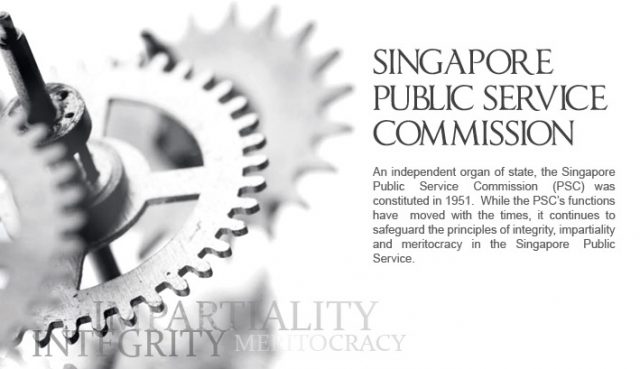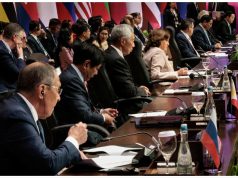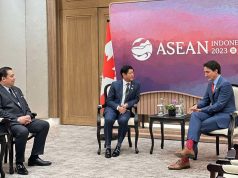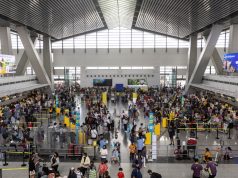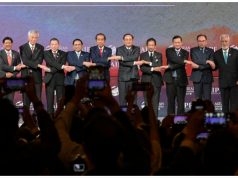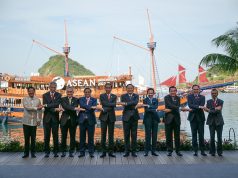MANILA – Expect better civil servants in Southeast Asia, especially in health and disaster management, Civil Service Commission (CSC) chairperson Alicia Dela Rosa-Bala announced Saturday following the signing of an agreement between Association of Southeast Asian Nations (ASEAN) leaders to strengthen the civil service.
“We expect that we will be able to capacitate civil servants to ensure that they can deliver the services that benefit the people,” she said in a press briefing.
“In areas of health management (and) disaster, we can be assured of faster and easier delivery because they would be capacitated to undertake the required skills and competence building,” she added.
Earlier on Saturday, President Rodrigo Duterte led the signing of an agreement which recognized the critical role of the civil service as prime movers in the development of the region.
The document was called “The ASEAN Leaders Declaration on the Role of the Civil Service as A Catalyst for Achieving ASEAN Community Vision 2025.”
According to CSC Chair Bala, this was the only document the leaders agreed to sign during the one-day 30th ASEAN Summit.
Under the agreement, ASEAN leaders assigned the CSC as well as its Southeast Asian counterparts to carry out the following tasks:
Promote cooperation in the development and the implementation of capacity building programs and encourages sharing of best practices in critical areas of concern. These include progressive people management, organizational performance, skills-building, environment promotion, health management, and disaster management;
Work towards raising the professional standards and capability of civil servants in the region;
Develop mechanisms that ensure the civil service of ASEAN would embrace good governance principles towards building government institutions that re resilient and trusted and future ready;
Uphold and protect civil servants in the region including those who perform critical roles during disasters and other hazardous situations; and
Strengthen alliance building within ASEAN and with its external partners.
She also said ASEAN would come up with common standards for civil servants in order to push for better services to the citizens, as well as the establishment of professional standards to allow the civil service to address emerging internal and external concerns.
Motivating the youth
Bala also underscored the need for more youth to enter public service, instead of the private sector.
Citing Singapore as an example, she said: “Did you know Singaporeans choose to work in public sector than in private sector because the offers and benefits and the incentives are really very high, and so therefore the motivation to work for government is very high?”
She said civil service institutions should undertake measures to encourage more young professionals to work in government.
In the case of the Philippines, the CSC chairperson said the salaries of government workers has become competitive since the passage of the Salary Standardization Law 4 in 2016.
“So I think we are now moving towards that,” she said, referring to the favorable labor conditions in the Singapore bureaucracy.
And as to whether the ASEAN agreement would help solve the issue of job orders, contractual and casual employees in the country, the CSC chair only said that the government is now addressing the matter.
She said the CSC, along with the Department of Budget and Management (DBM) and the Commission on Audit (COA), are currently crafting a joint memorandum circular that would provide definitions of job orders and contract of service.
“We are addressing it right now by way of the consultative mechanism,” she said.
In the Philippines, more than 1.3 million Filipinos are government employees, according to the CSC’s Estimate on the Size of the Bureaucracy in 2010.
Of the 161,350 non-career government workers, about 61 percent were casual employees while 13 percent were contractual employees.
Click and watch the video report of News5’s Maricel Halili:

